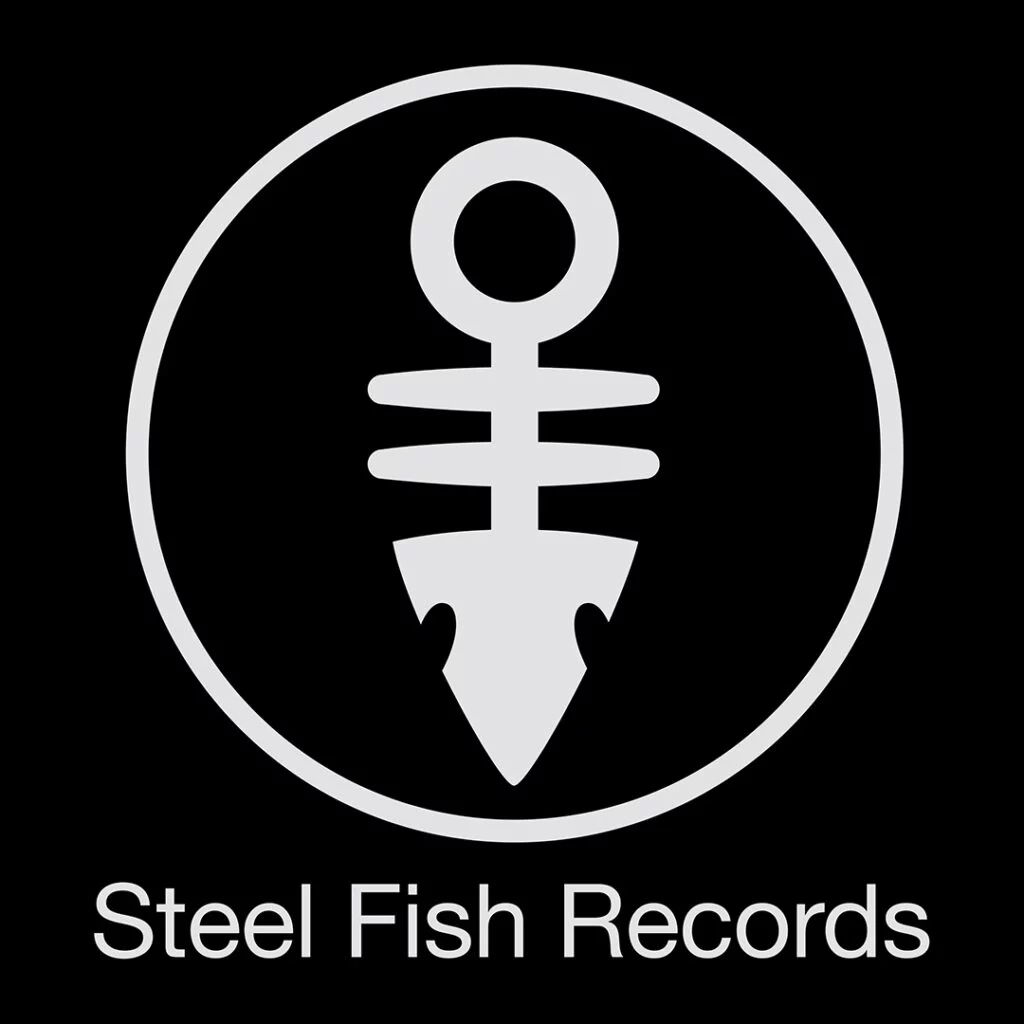
Steel Fish Records was a standout label in the ‘90s electronic music scene, releasing a series of influential tracks that resonated with clubgoers and DJs alike. Now, after an extended hiatus, label head Alex Whitcombe is reviving Steel Fish for a new generation of clubbers with the help of MN2S Label Services.
2025 marks an exciting new chapter for the label, with a new release from Alex produced alongside longtime collaborator Simon Duffy, a producer known for working with Leftfield, Missy Elliott and Elton John, among others. We spoke with Alex about his journey into club music, the early days of the label, and what led to its revival more than two decades later. With a fresh release generating buzz from tastemakers such as Paul Oakenfold and James Zabiela and a renewed passion for the scene, Alex shared his vision for Steel Fish Records’ future with us: here’s what he had to say.
How did you get into music originally?
“I was working in a pub many years ago and I thought it’d be a good idea to get a DJ in to play. I got decks off a friend and booked a DJ – but the DJ didn’t turn up, and there was a box of records sitting there, so I thought: fuck it. How hard can it be?’ And then, until, I’ve never done it before, so then I put a record on and and then tried to mix it, and I couldn’t. So I thought, right, this is a bit of a challenge, and I taught myself how to do it. So that’s actually how I started to play music. That guy that didn’t turn up – I often wonder, if he had turned up, what would have happened? I might be somewhere else doing something completely different.”
Check out Steel Fish Records on Beatport.
What’s the story behind Steel Fish Records?
“I was DJing in London, but I ended up going out to Ibiza and played a few clubs out there in the mid-90s. I came back to London and met a guy called Andy Cato and we teamed up to form Qattara. We had this track called Qattara, and I couldn’t think of an artist name – so we just called it Qattara. I had a friend at Amato distribution, and I played him the track and he said we could either let them sign the track, or we could set up our own label and exclusively distribute with them. I thought to myself: ‘it’s clearly got to be a good track if they’re offering to sign it’. So I set up a label, and that’s how Steel Fish was born.
“I remember sitting in the office a week later, waiting to go see the head of Amato. A guy was sitting on my left with a box of EPs and I had a box of EPs and we swapped, I gave him one of mine and he gave me one of his. It turned out that was Chicane. He was played on the Essential Mix that night, and we were played the following week. We got signed to Positiva, the track ended up in the charts, and we ended up DJing around the world.”
Why did the label end up taking a back seat?
“I went to work at Universal Music for 10 years, Andy formed Groove Armada, and that was it; that was the end of our partnership, but I retained the Steel Fish and Qattara. In the meantime, I did a few remixes; I even remixed Donna Summer’s I Feel Love for the 30th anniversary of the song. We had the original parts from Giorgio Moroder that weren’t destroyed – all of his original parts from 1974 were lost in a fire, but he gave us what he could, even the ad libs of Donna talking in the vocal booth. We used some of those in the remix. But Steel Fish went on the back burner, because life at Universal was so busy.”
What’s your vision for the label now that it’s relaunched?
“To be honest, I never have any expectations. If things go well and we get a bit of success, that’s fantastic, but I’m just making music, which I love doing. That’s really why I’ve revived Steel Fish. I just miss doing it – I’m of an age now where you’ve got to do what you enjoy doing, and if it makes me a few quid, that’s great. It’s really nice to hear people tell me that they’re glad Steel Fish is back and that it was one of their favourite labels in the ‘90s. I had no idea it was that popular – you just put must out and got on with things.”
Tell us about the new release?
“It’s called Cato’s Dream – it’s actually named after my dog. He’s a Pomeranian called Cato, and he’s a Pomeranian. Making the track, I had a very clear idea of what I wanted to do; I would just do an hour a day, writing basslines and parts and putting chords together. I do music for myself, not for other people. I’m not going to put something in there because it’ll do well or it’ll get more plays – I’m putting it in there because I like it.
“Working with Simon is great; we just gel. We’ve got very similar music taste. I tend to go more trance, like it was in the old days, but he’s got more focus on groove. I’m pushing one way, he’s pushing the other and we just meet in the middle. It works really well.”
What’s coming up in 2025?
“I’ve started working on a new track, just putting with some ideas down, and I’m going to team up with Simon next week. The plan is to have it finished by the end of February and then promote it into Miami Music Week. That’s the plan. I’d like to do some events, I’d like to build the label up and build the brand to a point where it’s doing very well, and potentially start signing acts again. We’ll see what happens – we’re taking it one day at a time.”

